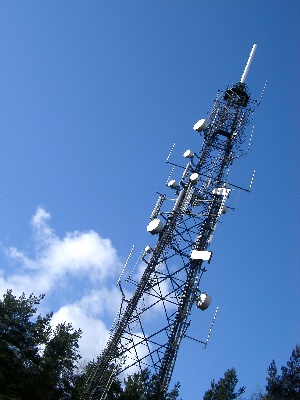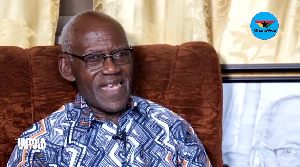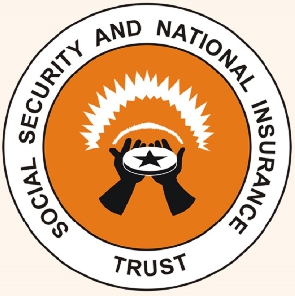- Home - News
- TWI News | TV
- Polls
- Year In Review
- News Archive
- Crime & Punishment
- Politics
- Regional
- Editorial
- Health
- Ghanaians Abroad
- Tabloid
- Africa
- Religion
- Election 2020
- Coronavirus
- News Videos | TV
- Photo Archives
- News Headlines
- Press Release
Business News of Friday, 29 March 2013
Source: Joy Online
Telecoms chamber, road contractors agree to minimize cable cuts
The Ghana Chamber of Telecommunications and the Association of Road Contractors (ASROC) have agreed to engage in a joint sensitization programme to minimize cable cuts, which obstruct network availability, a statement from the Chamber said today.
The total number of recorded cable cuts for 2012 reached 1,605, which is more than triple the total number recorded in 2011. Records kept by operators show that 75% of these cuts are caused during road constructions.
In January 2013 alone, one network operator reported some 85 cable cuts. It costs more than 17,000 GHC to repair a cut.
Other causes of cable cuts are vandalism, illegal mining, bush fires and theft, especially of copper cables owned by Vodafone.
The meeting held at the Chamber was attended by technical officers from representatives of the mobile networks. Mr. Joseph Ebo Hewton, Chairman of ASROC, Mr. Kwaku A. Nuamah, President, Alhaji Musah Fuseini-Codjoe Technical Director and Mrs. Sylvia Eyeson Treasurer, represented the contractors association.
The contractors expressed concern about the situation, and said the joint sensitization programme should target field workers such as excavator drivers to enable them recognize and protect telecoms infrastructure when they came across them in the field.
Mr. Hewton advised network operators to also update their cable routes with the roads agencies. He said the route maps should even be included among the documents given to contractors when they were awarded contracts.
Kwaku Sakyi-Addo, CEO of the Chamber of Telecommunications said the Chamber was enlisting the support and authority of the National Security Co-ordinator, and the sector ministers for both Communications and Roads & Highways Ministries.
Mobile operators are keenly investing to improve the quality of service to subscribers.
“Every call denied is lost revenue to the Government and the operator, and is costly inconvenience to the subscriber. When you’ve invested nearly US$6billion in a business, the last thing an operator wants is to deny subscribers access to its network in this very competitive industry,” Sakyi-Addo said.











